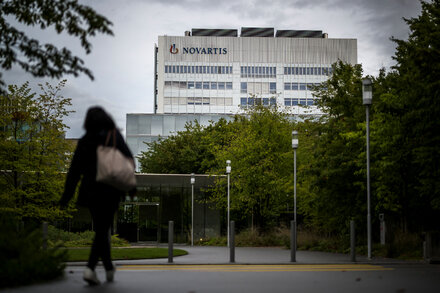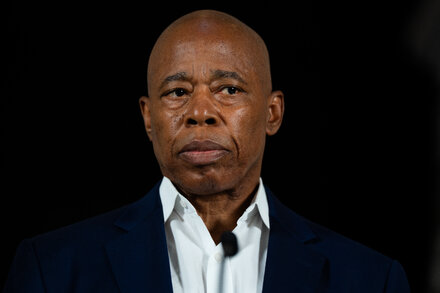A proposed new fee of $100,000 for H-1B visas, reportedly championed by a potential future Trump administration, has triggered widespread concern and uncertainty across various sectors, particularly within the technology and healthcare industries. The dramatic increase in cost is anticipated to significantly impact businesses relying on skilled foreign workers and could reshape U.S. immigration policy.
The measure, if implemented, would represent a substantial escalation from current H-1B filing fees, which typically range from a few hundred to a few thousand dollars, depending on the employer’s size and specific circumstances. Critics argue that such a hefty fee would create an insurmountable barrier for many companies, especially small and medium-sized enterprises, in securing highly skilled international talent.
Impact on Businesses and Economy
Businesses, particularly those in sectors with high demand for specialized skills not readily available domestically, are bracing for significant operational and financial challenges. Industry leaders have voiced concerns about the potential for a “brain drain” and a reduction in innovation if companies are deterred from hiring top global talent.
“This proposed fee hike would not only be a massive financial burden but would also fundamentally alter how U.S. companies compete on a global scale for talent,” stated a spokesperson for a major tech industry association, who requested anonymity to speak candidly about hypothetical future policies. “It would force many businesses to rethink their growth strategies, potentially leading them to expand operations outside the United States rather than within.”
The “confusion and chaos” mentioned in preliminary reports stems from the lack of clear guidance on how such a policy would be implemented, its effective date, and potential exemptions. Companies are struggling to forecast budgets, plan hiring initiatives, and advise current and prospective employees.
Implications for H-1B Workers
For foreign professionals seeking to work in the United States, the fee presents a formidable hurdle. While employers typically bear the costs of visa sponsorship, the increased expense could make companies far more selective or hesitant to sponsor international employees. This could lead to a significant decrease in H-1B applications and approvals, affecting thousands of skilled workers in fields like software engineering, data science, and medicine.
Immigration advocacy groups have also expressed alarm, suggesting the fee could disproportionately affect certain nationalities and further complicate an already complex immigration system.
“The H-1B program is vital for bringing in specialized skills that fuel our economy and enhance our global competitiveness,” commented an immigration policy expert. “A $100,000 fee essentially turns it into a pay-to-play system that only the largest corporations might tolerate, ultimately limiting opportunities and stifling innovation across the board.”
Proponents of the fee, often aligned with “America First” policies, argue that such measures are necessary to encourage companies to prioritize hiring U.S. citizens and permanent residents, thereby protecting American jobs. They contend that the high fee could also serve as a deterrent against perceived abuses of the H-1B program.
As businesses and legal experts scramble to understand the full implications, the proposed $100,000 H-1B visa fee remains a major point of contention, threatening to introduce significant instability into the U.S. labor market and immigration landscape.
Source: Read the original article here.





